Leo Bellis Jones is an avid underwater photographer, adventurist and ocean activist who has recently launched the social enterprise Ripl which aims to tackle the cycle of poverty and pollution in Bali. We love seeing fellow brands advocating for our oceans and making real life change for our earth. Read on to find out how one small business with a big goal is creating a ripl of hope for our seas.
Leo tell us where did your love for the ocean and the creatures that live in the deep blue come from?
I'd felt a connection to the ocean since I was a kid, but it was only when Covid kicked off that my passion for the ocean really deepened. When restrictions first started coming into place, I bought a kayak for exercise and started paddling out to Julian Rocks, an incredible marine reserve about 2km offshore in Byron Bay. I'd heard stories of how good it was, but the place totally blew my mind. The diversity out there is incredible - grey nurse sharks, leopard sharks, spotted eagle rays, turtles, bronze whaler sharks and humpback whales all call this place home or migrate through at various times of the year. Pretty quickly the kayak trips turned into free diving, and it wasn't long before I bought a camera housing to start capturing the world I was falling in love with.

What has been your most life changing underwater moment?
Swimming with a tiger shark on the Ningaloo Reef was an incredible moment. It was graceful, calm and totally accepting of our presence. It couldn't have been further from the ruthless killer portrayed in the media and popular culture. Of course it's a very capable predator and needs to be respected, and I was super fortunate to be with people who know these animals very well, but it really struck me how as a culture, our mindset towards sharks is so backwards. We're sharing their space, so rather than lulling ourselves into a false sense of security by indiscriminately killing them on drum lines and in shark nets, it's on us to educate ourselves as to what conditions might make an adverse interaction more likely and act accordingly. I recently read Madison Stewarts 'Australian Guide to Surfing with Sharks', which is full of great info.
What was the catalyst that caused you to conceptualise Ripl?
For years I'd been convinced by the power of business to be a force for good, rather than the thing that normally destroys the planet in pursuit of profit, so I'd been looking for a way to launch an impact-lead business. Then I went to Bali and saw the plastic problem there first hand, which hit me hard. I then moved to Byron Bay and found myself surrounded by so many inspiring environmentalists and the idea started to take shape.
How do you believe we’ve gotten to this place of environmental despair in our lifetime?
In a word - disconnection. I'm in a very privileged position to spend time in nature almost every day, but so many aren't. And it's really hard to care about, protect, or make sacrifices for things you don't know or love, even if your actions are directly harming it. Which is why storytelling is such an important piece of the environmental movement. When people feel that sense of connection, they often feel called to help, in one way or another.
In your opinion what are some of the ways we as individuals can turn things around for the next generation?
Firstly a mindset shift, moving away from thinking of the world as a 'resource' towards seeing ourselves as custodians. This ties in with actively listening to and elevating the voices of indigenous cultures around the world - they already know all this stuff, we're just catching up.
Secondly the belief that each of us as an individual really can make a difference. When you do a beach cleanup, you're having as much of an effect on the people who see you doing it as the environment. When you hand over your reusable coffee cup, or use your voice to champion a cause, it all sets off a massive ripple effect far beyond the initial action we see. That's the whole idea RIPL Goods is built around.
What is your mission behind Ripl? How does it work?
Our mission is to end the cycle of plastic and poverty in Bali. We sell a range of beautiful insulated water bottles and use the proceeds to employ locals in Bali to collect plastic from beaches. We then take the plastic they collect and use it to manufacture water purifiers, which we donate back to their communities so they don't have to rely on bottled water. It's a circular system that makes ocean plastic useful again.

Why was it important for you to go for the trifecta of - providing clean drinking water, battle poverty and tackle pollution in your business model rather than just taking on one issue?
When the idea for RIPL first started forming, it quickly dawned on me that if we were just collecting plastic, we'd be collecting plastic forever. We really need to create systemic change that cuts off the need for plastic in the first place, which is where the idea of transforming it into water purifiers came into play.
We focus on employment because at its core, the plastic problem is a human one. It all comes down to economics and education. In many parts of the world, turtles eating plastic bags and micro plastic making their way into the food chain is the tragic consequence of poverty. If you're struggling to feed your family, worrying about recycling is way down your priority list. And even if you do have the capacity to focus on this as a problem (and have been educated about the problem), there's a good chance your area is wealthy enough to have recycling infrastructure in place. So we really wanted to work on a solution that tackled this from every angle.
Who inspires you in the environmental movement?
There's no shortage of incredible people out there having a massive ripple effect. Boyan Slat is right up there for me. He's the founder of The Ocean Cleanup. At 16 he had the idea for a system that would float around the Pacific autonomously cleaning up the Great Pacific Garbage patch. Today, they have fleets of systems deployed in every ocean gyre. They're also developing The Interceptor, which they aim to deploy in 1000 of the world's most polluted rivers in 5 years. Together they aim to remove 90% of floating ocean plastic by 2040. If you ever doubted one person could make a difference, check this guy out!
Why is Bali such an important place to you?
Bali was the place I learned to surf and dive, while at the same time being the place I was confronted with the scale of the plastic problem. Having my eyes opened to an incredible new world and the thing destroying it at the same time was incredibly confronting. My aim for RIPL Goods is to expand our impact program to other places, but because Bali was the start of my journey in this world, it seems like the natural place to start for our impact too.
What was the inspiration behind the design concept of your bottles?
From the start I thought about RIPL bottles as a fashion accessory as much as a functional item, so I set out to create a sleek and minimal design that's inspired by the tones of Bali... something that people wanted to own regardless of the impact it had (that's the cherry on top).

Where can we get our hands on a Ripl bottle?





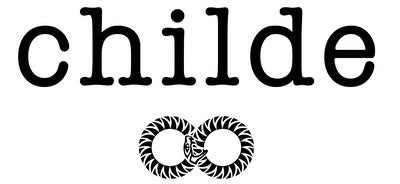
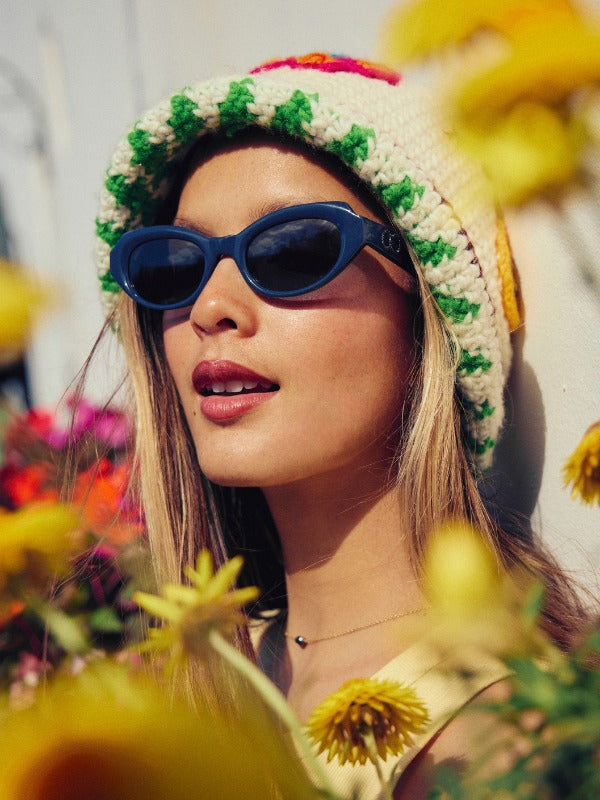
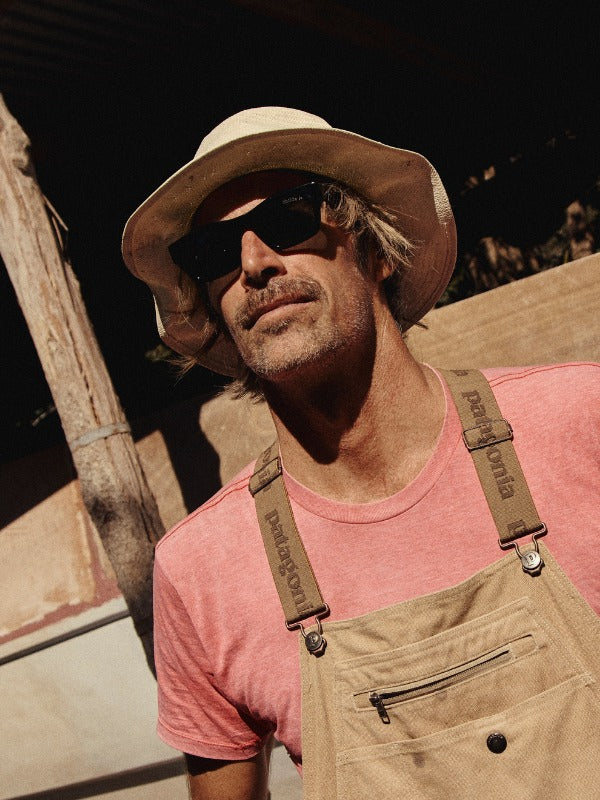
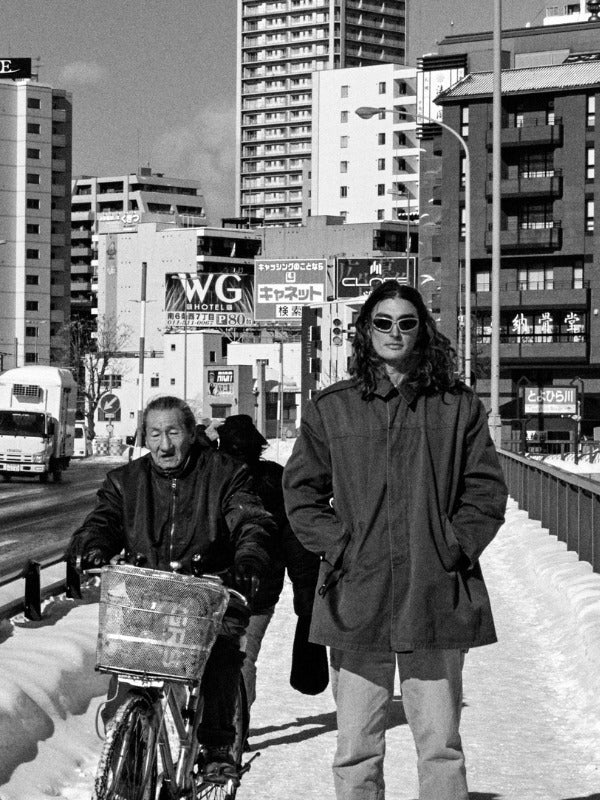
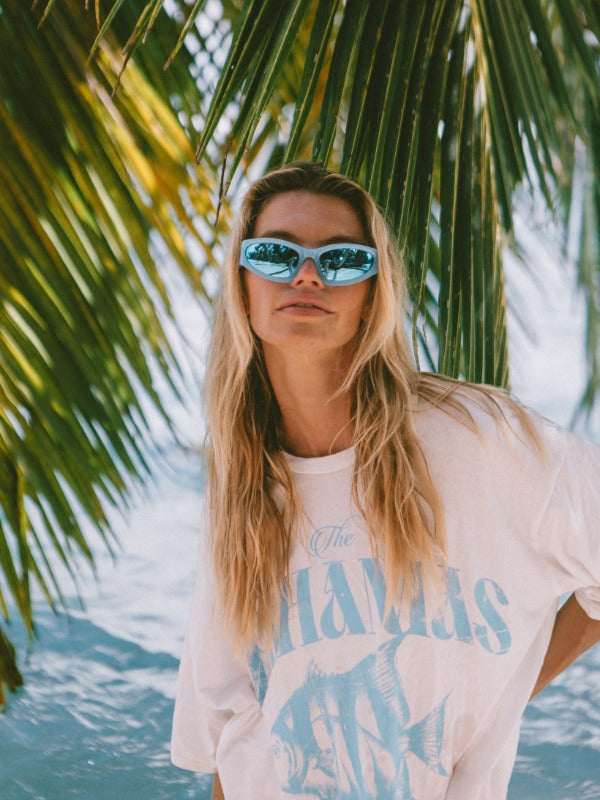
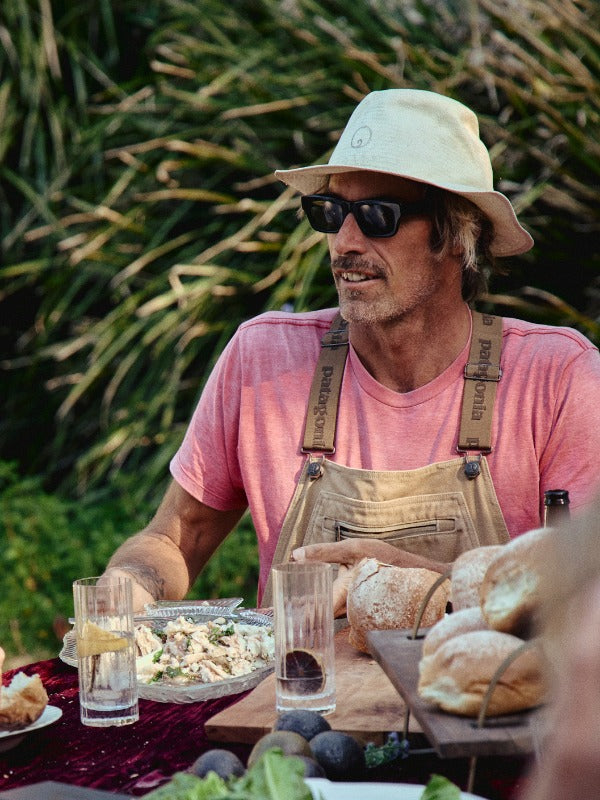
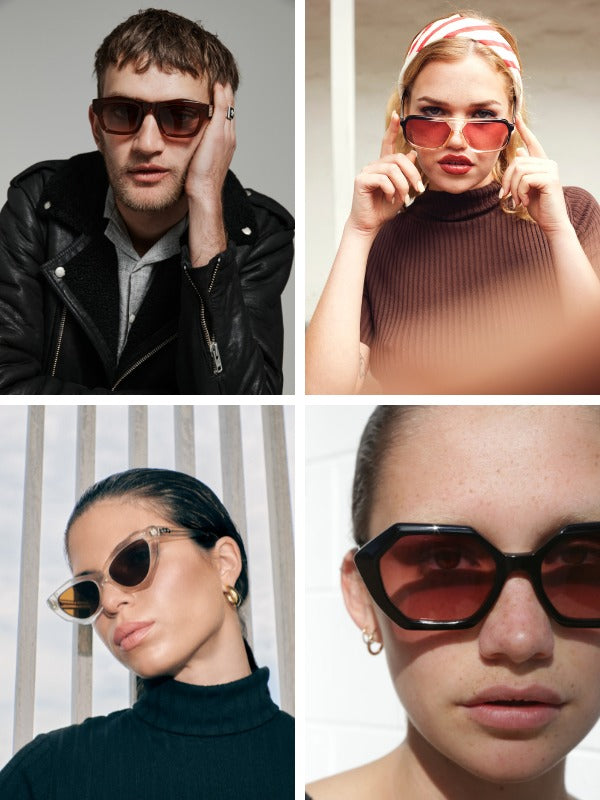

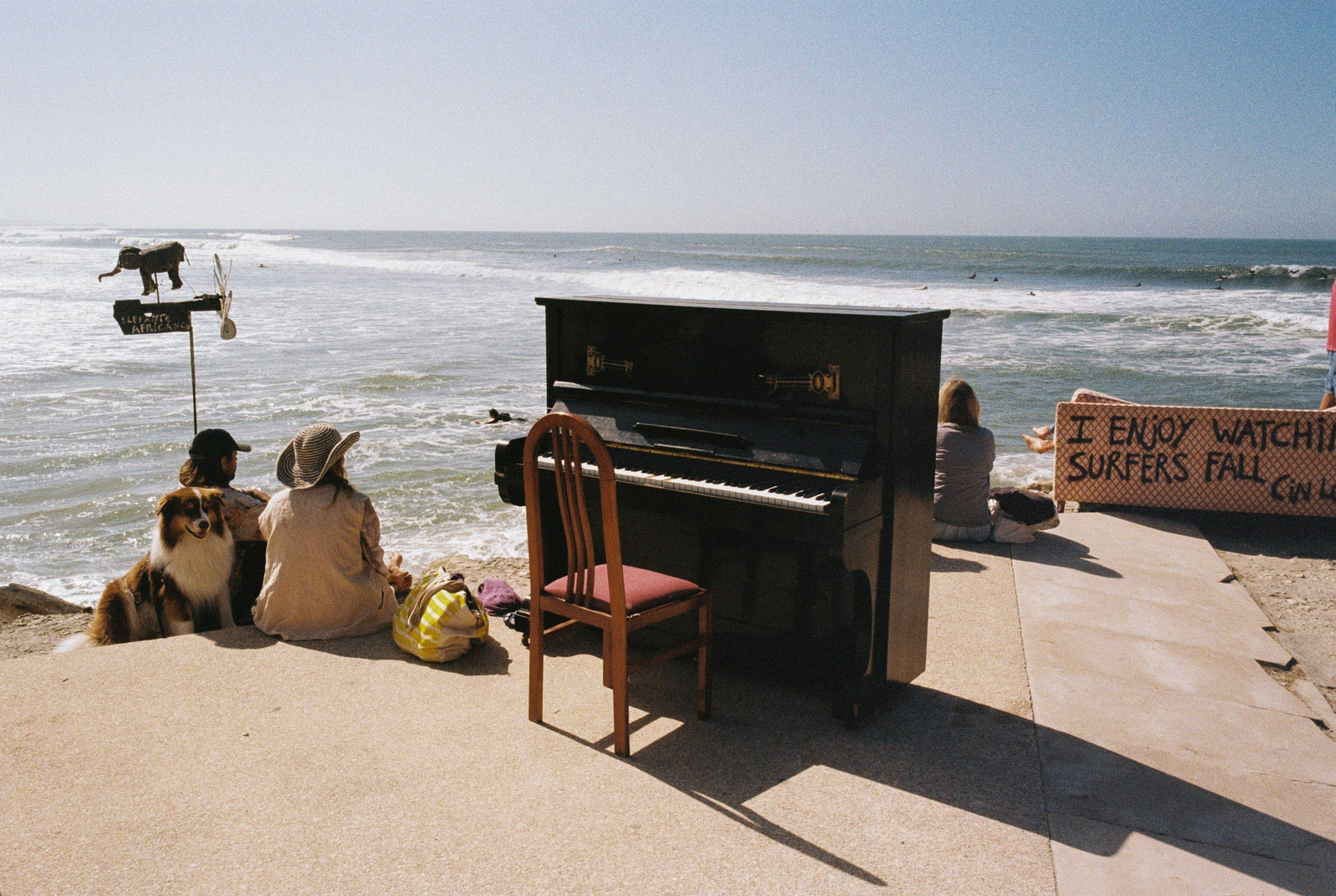
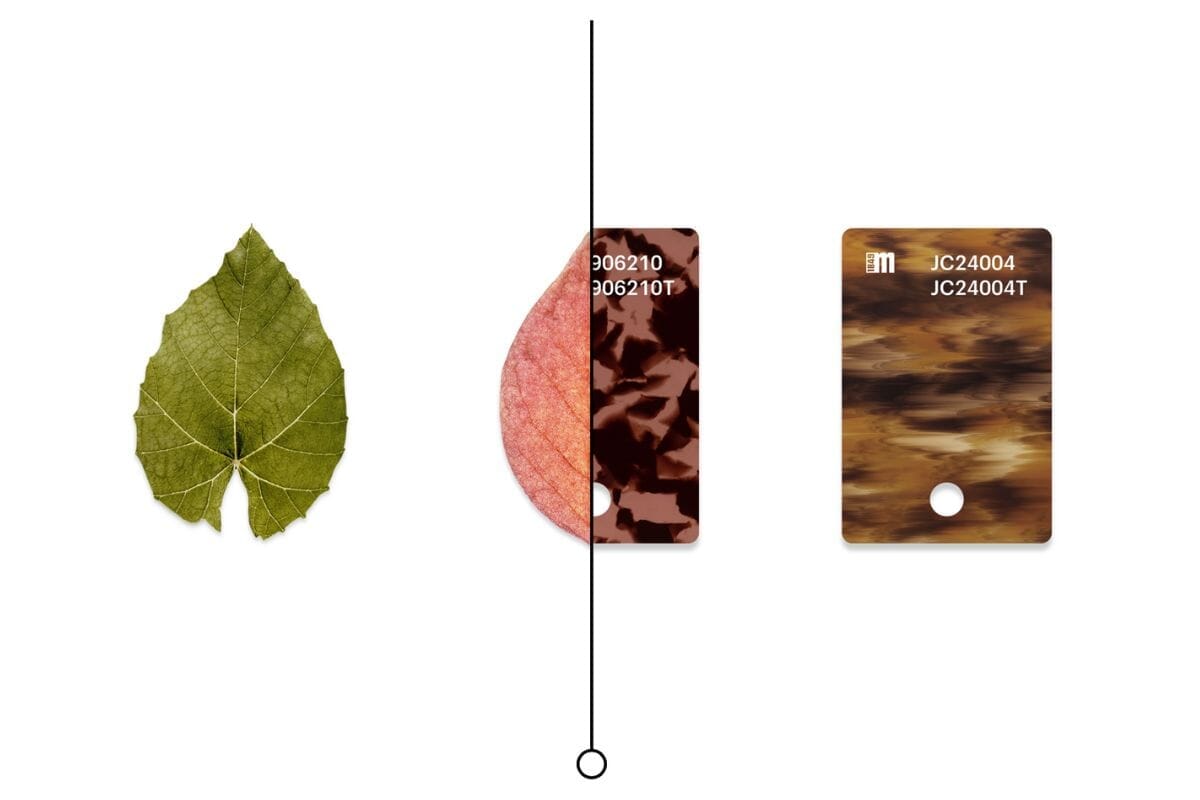
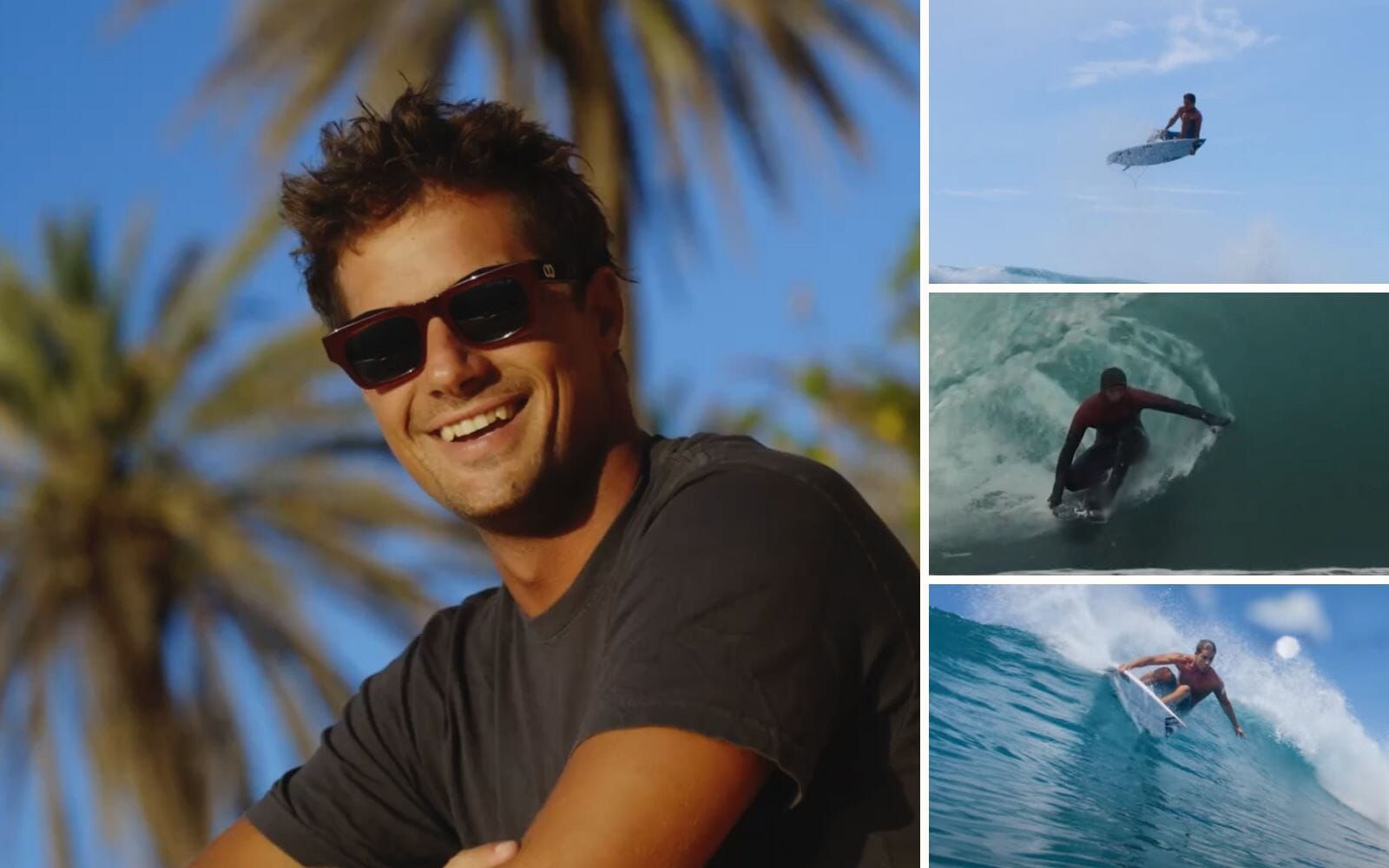
Leave a comment (all fields required)